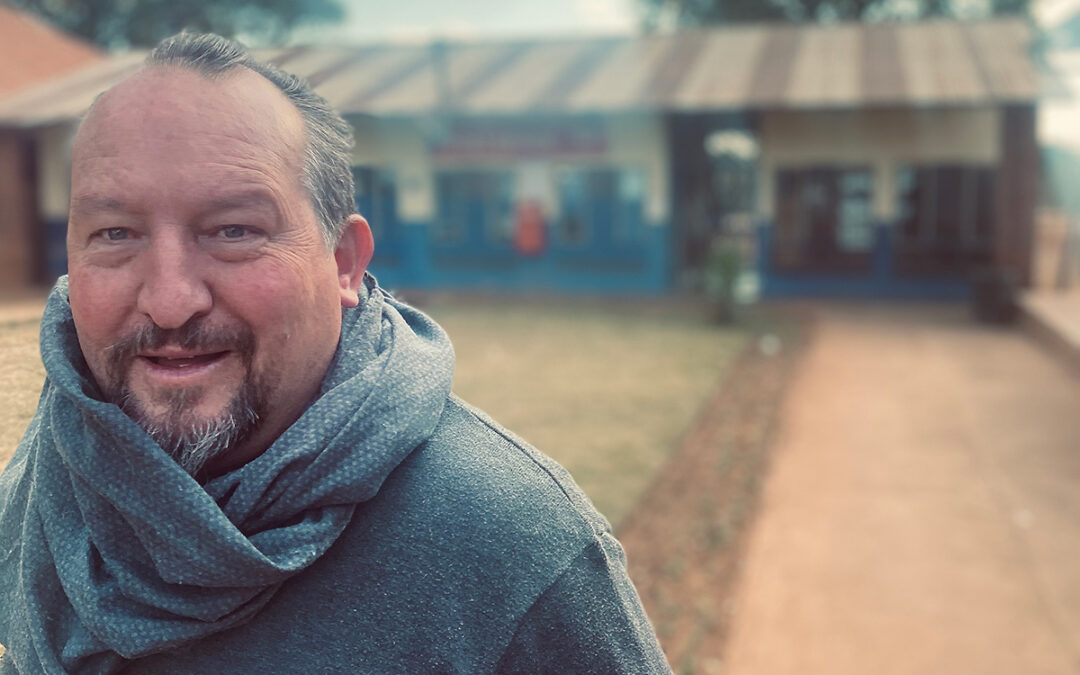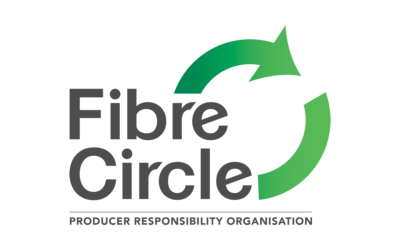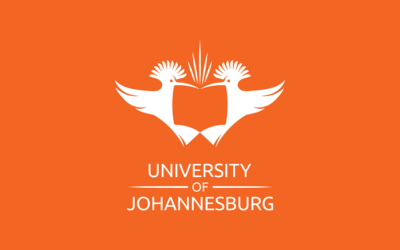As a qualified food technologist with more than a decade of experience in food technology — working with large local and international fast-moving consumer goods companies, in research and development, and new product innovation — Sithuli Mbeje was finally able to answer the questions he had as a child who was fascinated by food systems.
His company, AfriFood Technologies, specialises in the development of food products and processes. Its main product offering is a mobile abattoir aimed at implementing circular food economies across the country, especially in rural communities.
Mbeje explains that the mobile abattoir allows for the slaughtering of 10 cows per day as opposed to a normal abattoir with a capacity to slaughter up to 700. The benefits of this are less distressed livestock, better quality meat, reduced waste and fewer carbon emissions.
Mbeje says: “I believe if we dive deep into such practices, we could find a whole host of solutions for a greener planet.” Which is why he incorporates African traditional cultural practices — such as never letting the outside of the skin touch the inside meat when slaughtering a goat (to stopthe hairs from ruining the meat) — in his thinking and practice.
Mbeje predicts that with so many new entrants to the country’s agricultural market, all looking to go linear and drive volumes in large-scale farming, we will only farm for 10 years because of the carbon footprint we will have generated. He suggests we look into more sustainable means of production — especially with small and medium enterprises on the rise — so that the youth become the champions and drivers of negative emissions.
“Growing up, there was never a time when there was waste we did not know what to do with, whether it was the neighbour who could craft skins or the traditional healer who needed to use the horns, there was always a use for everything.”











